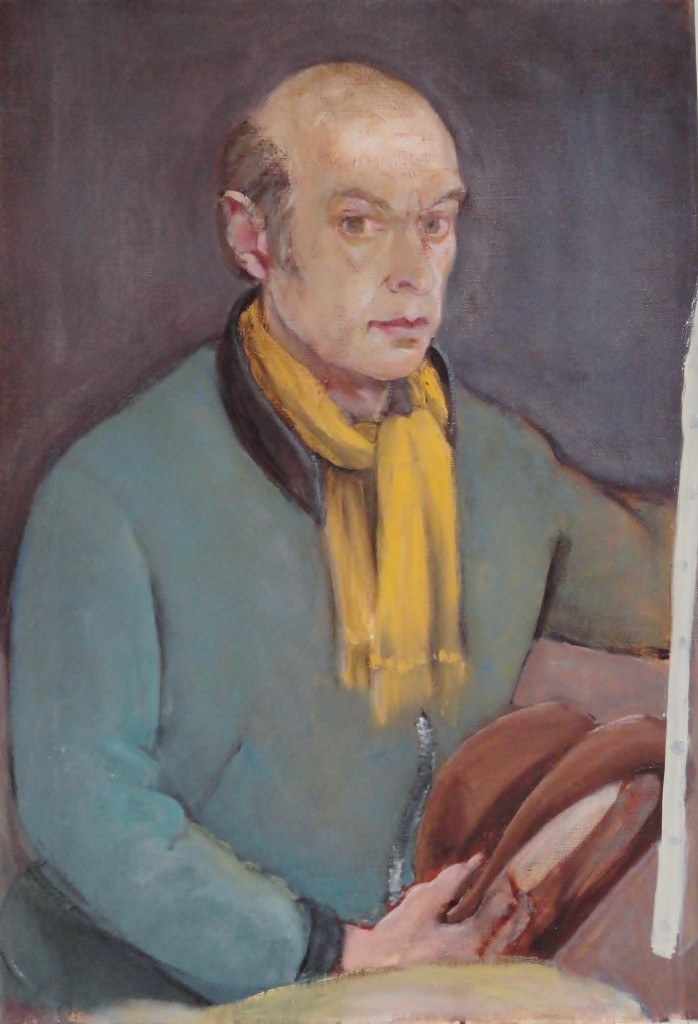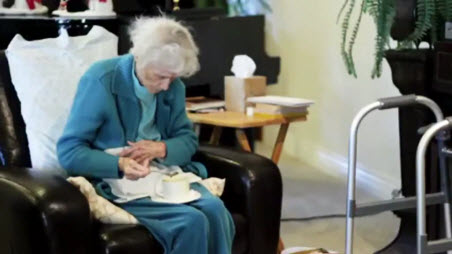Hi everyone,
My name’s Natalie and I’m 25-year-old entrepreneur who’s trying to make a difference. For the past 2 years I’ve been developing a wearable product that I hope will change the lives of families who are looking after those who may be more vulnerable.
Inspired by my own mom who’s cared for people with dementia for 15 years, I wanted to create a simple and affordable device that would keep them safer from wandering: a common and very dangerous side effect of dementia.
My product is called the Proximity Button. The Button is a small, light badge that is worn by the person with dementia. The Button connects to the carer’s smartphone via Bluetooth. If the person wearing the Button wanders too far from the carer and their smartphone, the phone alarms to alert the carer. The Proximity Button is a simple warning device to protect loved ones from wandering too far in the first place.
A few weeks ago I launched my crowdfunding campaign on Indiegogo. Start-up companies like my own, use crowdfunding to help get their products to market. There are two different types of crowdfunding: donation-based, where people give money out of goodwill; and reward crowdfunding, where donators contributions are exchanged for current or future products – the most popular type at this time. Our crowdfunding campaign is both. You can either donate or purchase the Proximity Button.
I’ve always been very aware of wandering issues within dementia due to my mom; however, it wasn’t until I began crowdfunding that I realised what a prevalent problem it is within autistic children too. A few days in to our campaign, a father in Philadelphia emailed me to say he had purchased a Proximity Button for his son who has autism. We had a Skype call shortly after as I really wanted to understand more and found how I/Proximity could help. Ralph explained that he loved the simplicity of Proximity and also the price point – there are some great products out there to hep with wandering but they often have a huge price tag. It was great to hear such positive feedback!
I am delighted to say that we’re now at 44% of our target and we still have just over 2 weeks to go! I would love for people to take a look at our campaign page – there is a great little video that shows the product in more detail and it fully explains how it works. From the campaign page, you can either donate or pre-order a Proximity Button. There are still some left at the early bird price too! But most importantly, I ask you to please share the campaign with everyone you know, the Button’s use can be extended to anyone, and you never know who might need protecting.
Thank you
Natalie




